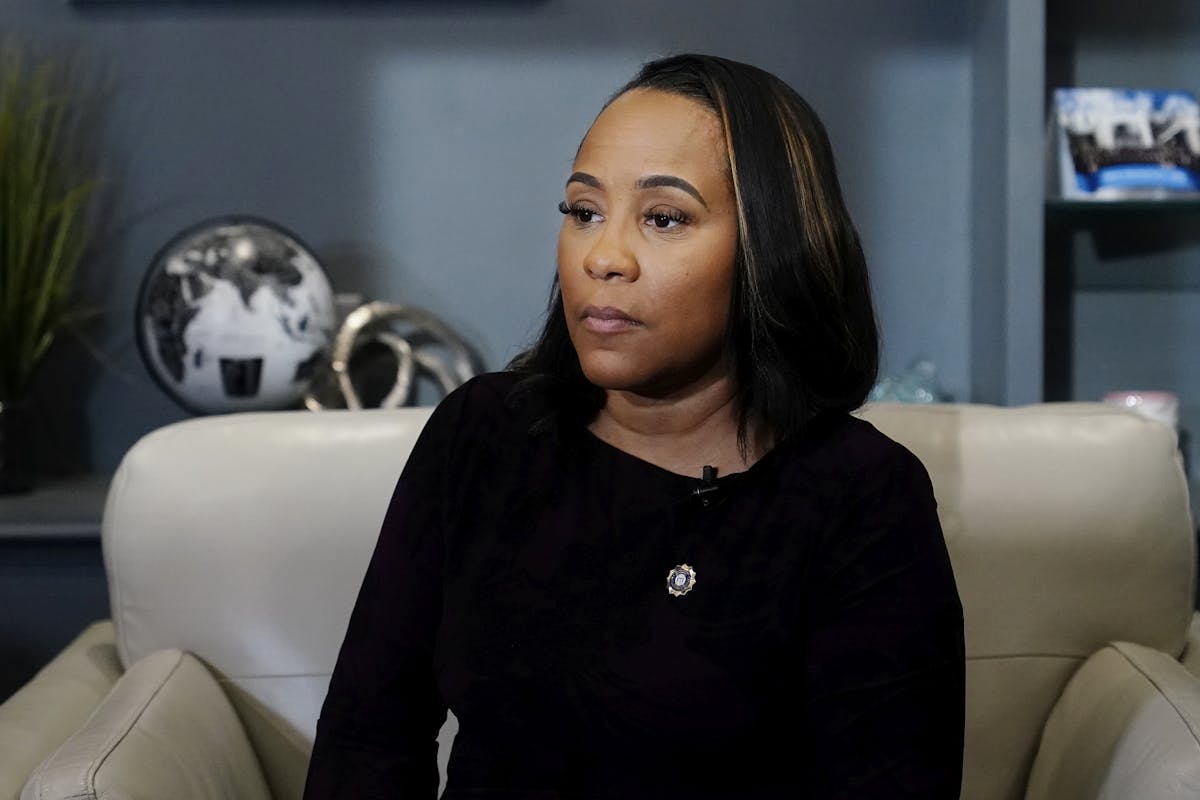How Fani Willis — and the Possibility of State Prison — Could Haunt a Second Trump Term
It is the racketeering case from Fulton County that could present the most sustained headache for a second Trump term.

President Trump’s rising presidential fortunes have thrown into sharp relief the possibility that he could soon face his legal woes from the Oval Office.
A second turn at the presidency would give a Trump ample defenses over the federal charges handed up by Special Counsel Jack Smith, assuming they survive the Supreme Court’s ruling on immunity. He could, say, instruct a new attorney general to fire Mr. Smith, or even possibly issue himself a self-pardon. What was once a grave threat from federal law enforcement would likely evaporate.
A login link has been sent to
Enter your email to read this article.
Get 2 free articles when you subscribe.

